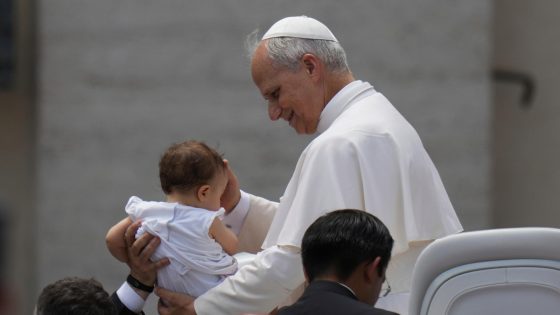Columbia University is facing significant scrutiny following leaked text messages from acting president Claire Shipman, suggesting the removal of a Jewish trustee. This incident has sparked widespread outrage and calls for accountability, highlighting the complexities of leadership in today’s diverse educational environments.
- Columbia president apologizes for controversial texts
- Stefanik demands resignation over board member criticism
- Leaked messages call for removal of Jewish trustee
- Civil Rights Act violation concerns raised
- House Committee requests explanation from Shipman
On July 3, 2025, Shipman issued a public apology, acknowledging the hurt caused by her comments. Meanwhile, political figures like Rep. Elise Stefanik are demanding her resignation, citing a potential violation of civil rights. The situation raises critical questions about the role of university leadership in fostering inclusivity.
This controversy prompts a closer examination of leadership ethics in academia. How should university leaders navigate sensitive issues? What role do public figures play in shaping institutional policies? Key considerations include:
- The importance of transparent communication in leadership.
- The impact of political pressure on university governance.
- Strategies for fostering inclusivity in diverse environments.
As this situation unfolds, it serves as a reminder for educational institutions to prioritize ethical leadership and inclusivity. Will Columbia emerge stronger from this crisis?
































